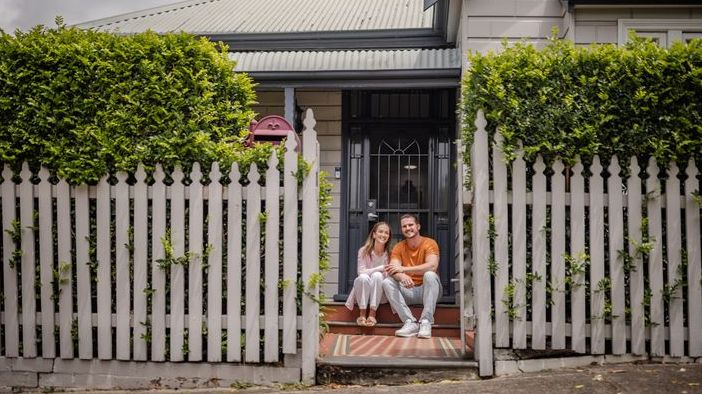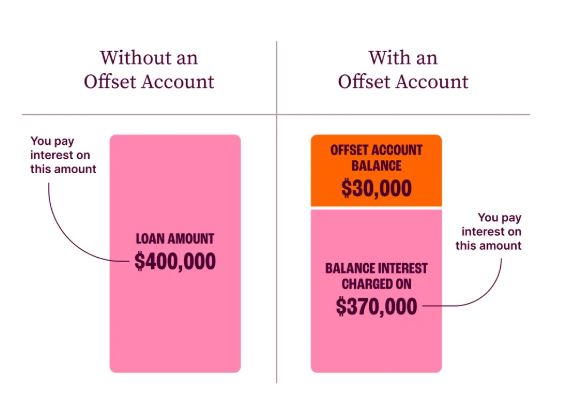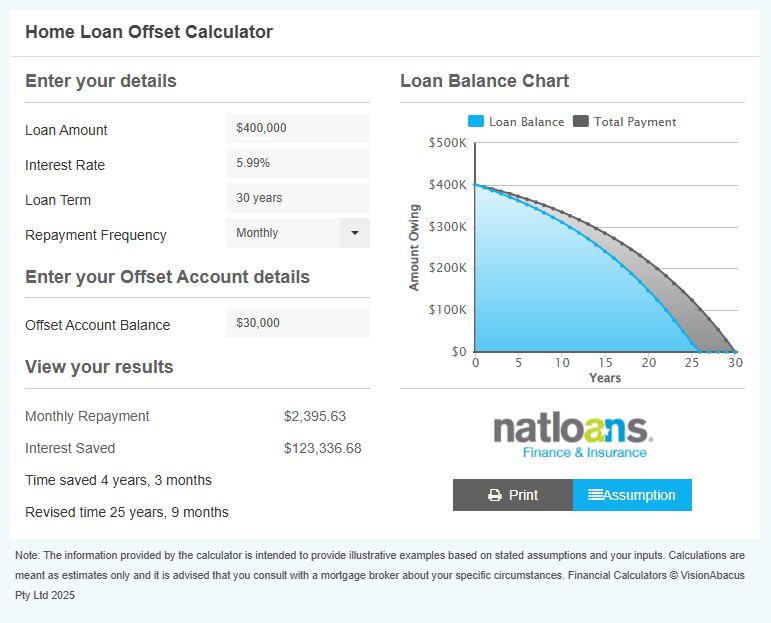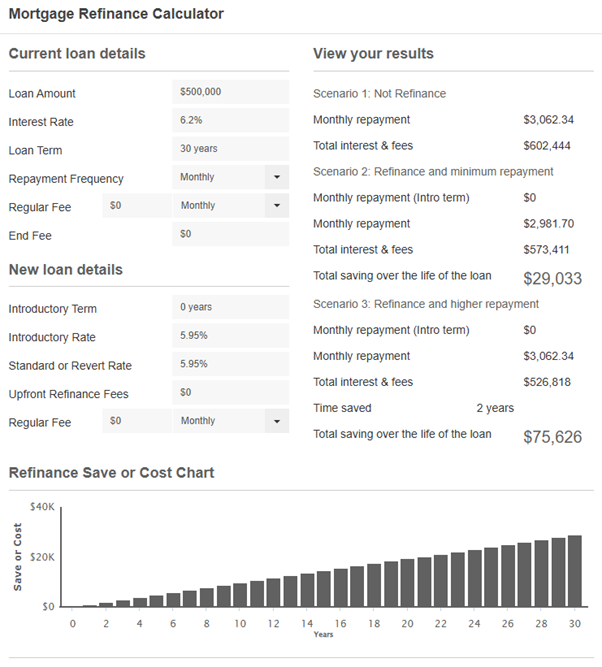By Mary Nebotakis, B. Eco, Dip. Financial Services
When it comes to borrowing money – especially for property purchases or business finance -using a trust structure can offer flexibility, asset protection, and tax advantages. However, trusts can also complicate the lending process, and not all structures are acceptable to lenders.
In this article, we explain the different types of trusts commonly used when applying for finance, who may need to act as a guarantor, and what trust structures lenders typically reject. Whether you’re an investor, business owner, or adviser, understanding these factors is crucial before you apply.
Types of Trusts Used in Lending
Lenders in Australia generally accept a range of trust structures, but each comes with specific documentation and assessment criteria. The main types of trusts used when borrowing money are:
1. Discretionary Trust (Family Trust)
A discretionary trust – often referred to as a family trust- is one of the most common structures for property investors and business owners. In this setup, a trustee (either an individual or a company) manages the assets of the trust on behalf of a group of beneficiaries. The trustee has discretion over how income or capital is distributed among beneficiaries.
Why it’s used:
· Asset protection
· Tax planning
· Succession planning
Lender considerations:
Most lenders will assess the trust’s financial position along with the personal financials of the trustee or guarantor. The loan application will require a full copy of the trust deed and identification of beneficiaries and appointors.
2. Unit Trust
In a unit trust, beneficiaries (called unit holders) have fixed entitlements to income and capital based on the number of units they hold – like shareholders in a company.
Why it’s used:
· Ideal for joint ventures or unrelated parties investing together
· Clear ownership proportions
Lender considerations:
Lenders assess both the trust and each unit holder’s financial position. The fixed entitlement structure makes this more transparent for credit assessment, but it still requires detailed documentation.
3. Hybrid Trust
Hybrid trusts combine features of both discretionary and unit trusts, allowing fixed entitlements alongside discretionary income distribution.
Why it’s used:
· Flexibility in income distribution
· Structured ownership (via units)
Lender considerations:
Fewer lenders accept hybrid trusts due to their complexity. Some banks will flat-out decline these applications or require significant additional documentation. It’s essential to speak to a broker who understands which lenders can accommodate this structure.
Who Needs to Be a Guarantor?
When a trust applies for a loan, lenders typically require additional security in the form of a personal or corporate guarantor. This is because the trust itself is not a legal person—it can’t be sued or held liable in the same way an individual or company can.
The following parties are generally required to be guarantors:
· Individual trustee(s): If the trustee is an individual, they must personally guarantee the loan.
· Directors of a corporate trustee: If a company acts as trustee, directors are usually required to provide personal guarantees.
· Major beneficiaries or unit holders: In some cases, particularly for unit trusts or where there are high-risk lending factors, major beneficiaries may also be required to guarantee the loan.
Guarantees help the lender reduce their risk by ensuring someone with assets and income is personally responsible for the debt if the trust cannot meet repayments.
What Trust Structures Are Unacceptable to Lenders?
While many trusts are accepted with the right documentation, some structures raise too much complexity or risk for most lenders. These may include:
❌ Blind Trusts or Trusts with Undisclosed Beneficiaries
Lenders require transparency. If the beneficiaries or appointors of a trust are not clearly named or identifiable, the trust is unlikely to be accepted.
❌ Foreign Trusts
Trusts established overseas or with foreign beneficiaries and trustees are often deemed too high-risk or difficult to verify.
❌ Trusts with Complex Vesting or Amendment Clauses
If the trust deed contains clauses that make it hard to determine who controls the trust or when assets vest, many lenders will avoid them.
❌ Hybrid Trusts (in some cases)
Due to inconsistent income entitlements and more complex tax treatment, many lenders place hybrid trusts in the “too hard basket.” However, specialist lenders may still consider them.
Final Thoughts
Using a trust can be a smart strategy when structuring your finances – but it’s not one-size-fits-all. Each trust type has its own legal, tax, and lending implications, and lenders will always want clarity on who controls the trust, who benefits, and who can guarantee the loan.
Before applying for finance through a trust, speak with your broker, accountant, and legal adviser. At Natloans, our experienced team works closely with your professional partners to ensure the loan is structured right from the start- and matches your long-term goals.
Need help financing through a trust?
Contact the team at Natloans today for expert guidance and access to over 50 leading lenders.
Click here and we can set up a suitable time for a free consultation.












